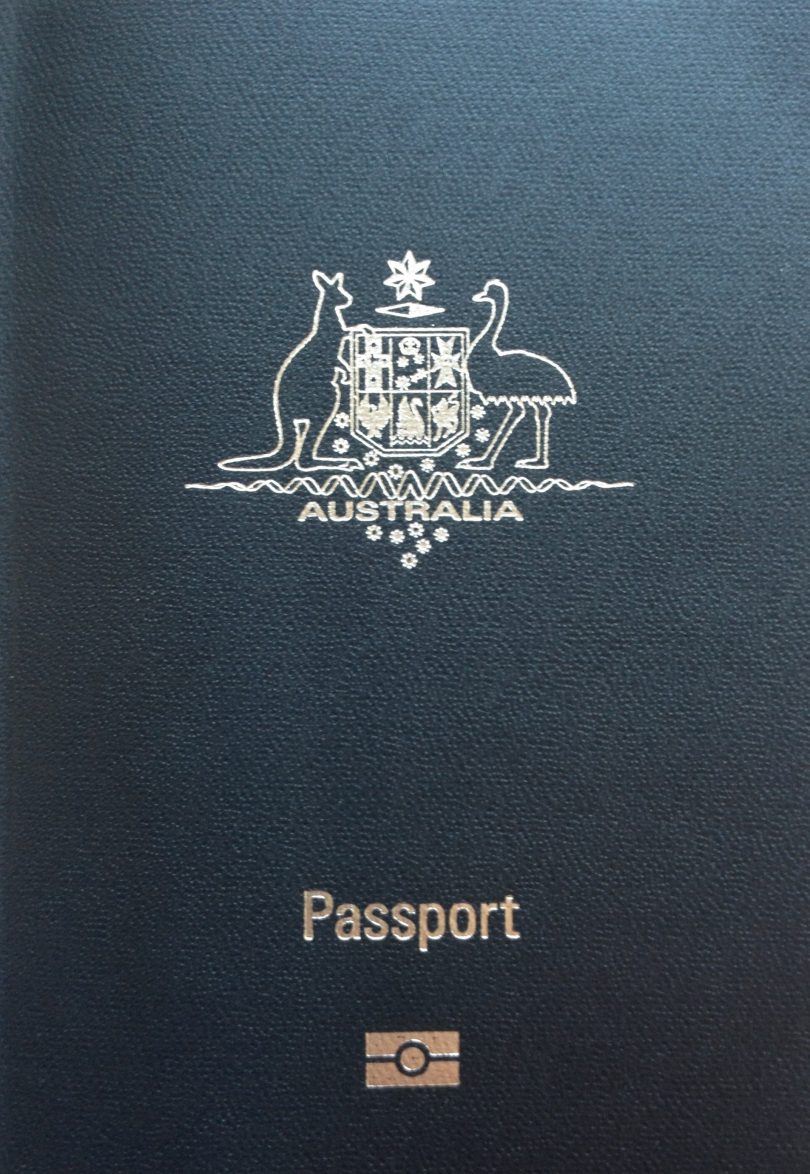Much has been made of late by Liberal Party members about the willingness of migrants to integrate into Australia, and in particular Victoria.
The Minister for Citizenship and Multicultural affairs, Mr. Alan Tudge, recently made statements in London about Australia’s growing issue with “ethnic segregation” and “multicultural separatism.” Mr Tudge advocated “modest incremental policy” now to avoid requiring “dramatic initiatives down the track.”
These views appear to be shared by many in the Liberal Turnbull government, as the party has recently cut overall migration and moved to introduce “value testing” and other new obstacles to citizenship.
As Mr. Tudge recognises, Australia’s migrants are overall a well-educated, working, home-owning presence in our population. However, he claims, social integration remains a pertinent issue, the responsibility for which he places firmly onto the migrant population.
“The principle of inclusion is equally insufficient…” remarked Mr. Tudge. “…newly arrived migrants also need to take positive steps.”
The focus of these discussions has been placed upon humanitarian stream migrants, with Malcolm Turnbull pronouncing a “real concern” youth crime amongst Sudanese youth a “real concern”, and Tony Abbott framing the “big question” as “why do we store up trouble for ourselves by letting in people who are going to be… difficult to integrate?”
That the integration of refugees presents unique challenges is clear, but is there any evidence they are unwilling?
English proficiency is widely acknowledged as a key factor in migrant integration.
Immigration Minister Peter Dutton considers its importance a “no brainer”, while Australia Migrant Education Services (AMES) spokesperson Laurie Nowell has stated 64% of migrants consider it their biggest challenge.
Skilled stream applicants, the majority of whom are university educated, do have a significantly higher possession of English language skills, with Humanitarian stream and Family stream applicants comparable.
But does this translate to adoption of Australian nationhood?
Even before any changes, Australia’s citizenship testing stands as a symbolic and significant measure of integration, with applicants required to have lived lawfully in Australia for four years in order to be eligible, as well as pass an English exam.
Sudanese migrants, the leading recipient of humanitarian-stream visas, are more likely to achieve citizenship than any of the top-five national migration groups or Vietnamese, the leading recipient of Family stream visas.
Other predominately humanitarian-stream groups such as South Sudan, Sierra Leone and Timor-Leste adopted citizenship in similarly high numbers, while at the opposite extreme was Japan (7.2%), of which only 3 individuals were admitted as refugees.
If humanitarian stream applicants are so motivated to become Australians, what then is at the heart of their issues?
The largest measured discrepancy between humanitarian stream applicants and other migrants is their socio-economic disadvantage.
Overall, while there is a significant difference in the performance of skilled and humanitarian migrants, there seems to be little indication that this is due to a lack of willingness to integrate.
It would appear, rather, that refugees are a heavily disadvantaged sector of the Victorian population.






